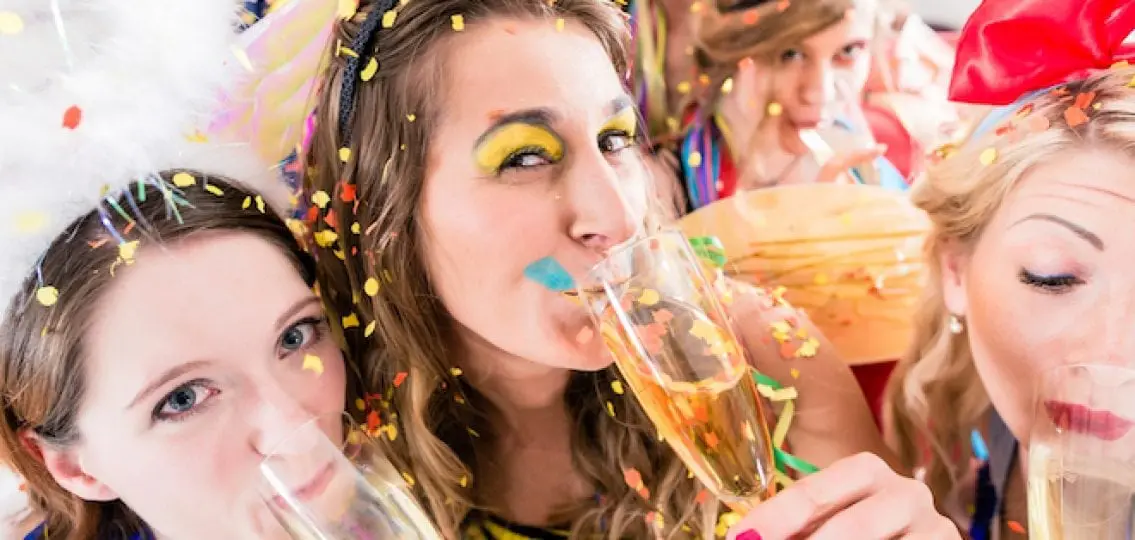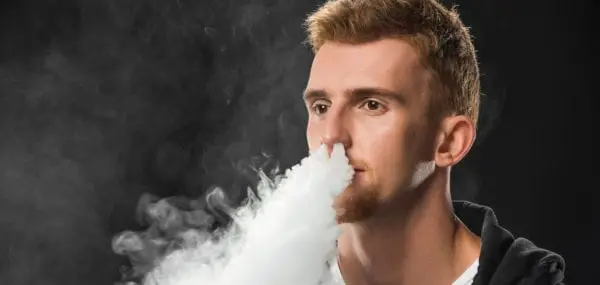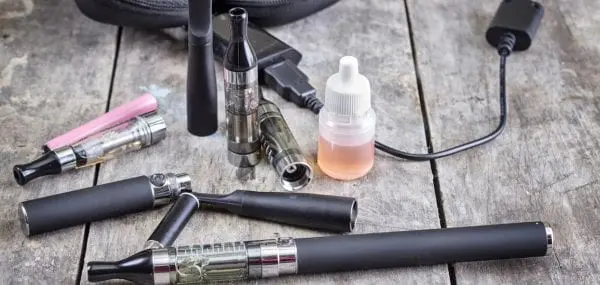It’s New Year’s Eve and chances are your teenager is gearing up to ring in the New Year at a party. And guess what? Chances are good there will be alcohol at that party.
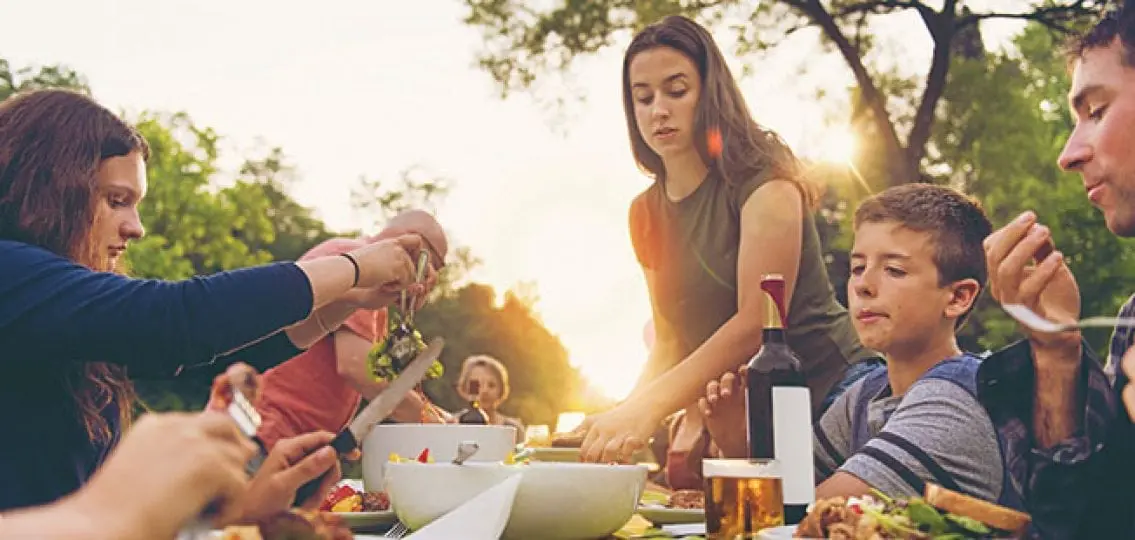
In fact, with more than 50 percent of 15 year olds and 70 percent of 17 year olds reporting they’ve had at least one drink, there’s a good chance your teenager has already experimented with alcohol.
Of course, we don’t want to mix teens and alcohol. And whether you have a younger child or an adolescent (ages 10 to 15 or 16), you should do everything you can to keep your child away from alcohol. (Read why below).
But for older teenagers—and, by this, we mean teenagers headed off to college in a year or two—it may be time to shift gears. Focus less on trying to prevent your teenager from attending social gatherings where alcohol is present. Instead, talk more about how to be around alcohol responsibly.
Here’s what experts recommend:
Discussing New Year’s Safety: Drinking edition
1. “We’d rather you didn’t drink.”
With teenagers of all ages, this is ALWAYS your primary message. Underage drinking is not only illegal, it’s not healthy for your teenager’s still developing brain and, of course, dangerous when done in excess or mixed with driving.
It is possible for your teenager to go to a party and NOT drink, but it’s tough. Teenagers are wired to be influenced by their peers. So when they’re surrounded by friends who are drinking, it’s only realistic to expect they will too. Ask your teenager to consider going to a party with a like-minded friend (who also does not want to drink)—or help your teenager brainstorm ways to refuse a drink from a persuasive peer.
“Ask about the level of drugs and alcohol that is being used at parties, free periods, and before/after school. If the answer is ‘yes, some kids I know do that stuff’ or something along those lines, don’t freak out!,” says Meredith Bonnaci, a psychologist in New York City.
“Have a discussion (not a lecture) about teens and alcohol, drugs, and the potential dangers. Try to make this discussion collaborative by asking how they have handled it in the past and how they can continue to make responsible choices.”
2. “If you decide to drink, don’t binge.”
Unfortunately, we can tell our teenagers until we’re blue in the face that we don’t want them to drink. But we need to accept they may go ahead and have a drink anyway.
The bottom line: we want them to be safe if they do. Kind of like we don’t want teenagers having sex, but if they do, we want them to do it safely. In particular, talk to your teenager about the many dangers of binge drinking (also called high-risk drinking).
Binge drinking is consuming five (for boys) or four (for girls) drinks in two hours—and it’s impact on your teenager’s health is vastly different than nursing a single beer all evening long. Binge drinking—which 20 percent of teenagers in a recent study said they did—not only leads to extremely poor decision making (about driving, sex, and other risky activities), it can also cause alcohol poisoning, which is life threatening.
3. “Never—and we mean never—drive under the influence . . . or get into a car driven by someone under the influence.”
The good news is that drinking and driving among teenagers has diminished a lot over the past decade. But each year, thousands of teenagers are still killed in alcohol-related automobile accidents. If teens and alcohol are involved, Anne Marie Hayes, author of Three Keys to Keeping Your Teen Alive, recommends parents offer their teenagers a no-questions-asked ride home from anywhere at anytime to help prevent them from getting into a car with a drunk driver.
All Bets Are Off for Younger Teenagers
Meanwhile, if you do have an adolescent or younger teenager, then don’t allow him or her to attend parties where alcohol may be present.
Period.
“Adolescence is a time when the parts of the brain that are particularly sensitive to recreational drugs are still developing,” explains Dr. Laurence Steinberg, a professor of psychology at Temple University and author of the new book, Age of Opportunity: Lessons from the New Science of Adolescence.
Notably, when an adolescent uses recreational drugs before the age of 15, he’s ten times more likely to develop a substance abuse problem than if he’d waited to experiment until after 21. That’s because alcohol permanently changes the structure of an adolescent’s brain.
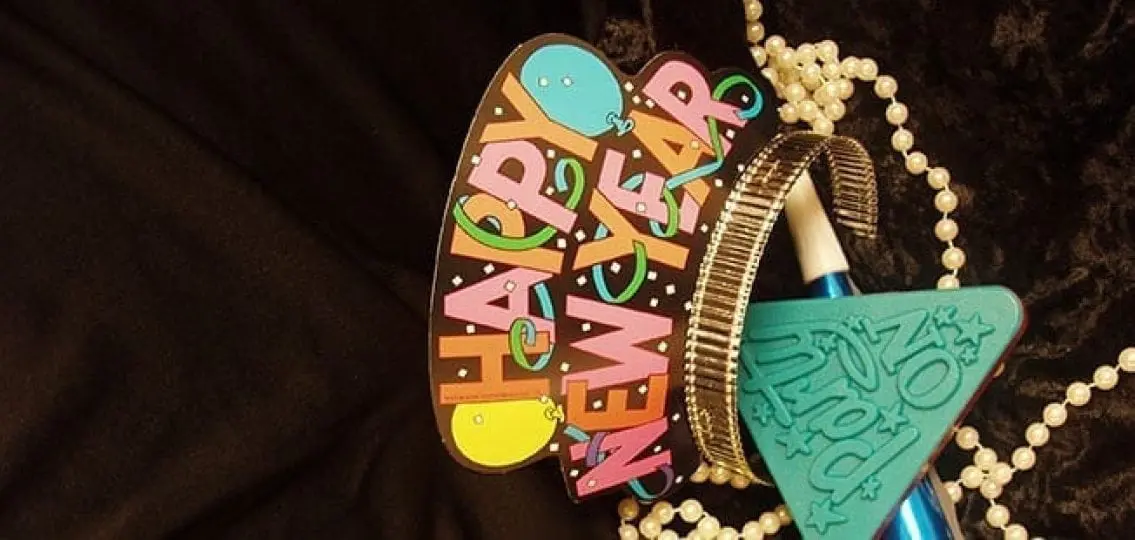
And the best way to prevent younger teenagers from drinking is to keep them away from alcohol, explains Steinberg. Read more—including Steinberg’s recommendations for how to prevent your adolescent from drinking—in our article, How Alcohol and Drugs Damage the Adolescent Brain (and What You Can Do About It).
Happy New Year!
